FLOSS
-
 Abstract: Designing from the positionality of a user instead of the designer’s is a must for designing against oppression. By acknowledging oneself as both a user and a worker, this approach dismantles patriarchal, capitalist, and colonialists paradigms that separates managers from workers, and designers from users. Born out of self-management, this approach thrives on collaboration, […] - Jan 27, 2025
Abstract: Designing from the positionality of a user instead of the designer’s is a must for designing against oppression. By acknowledging oneself as both a user and a worker, this approach dismantles patriarchal, capitalist, and colonialists paradigms that separates managers from workers, and designers from users. Born out of self-management, this approach thrives on collaboration, […] - Jan 27, 2025 -
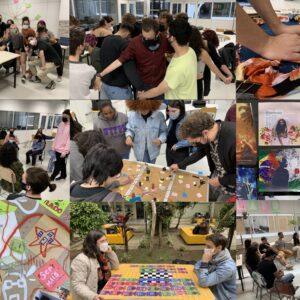
Designing for Liberation experimental research program
Abstract: Designing for Liberation is a design research program investigating the possibility of designing for the liberation of historically oppressed people. Instead of designing for privilege like modern design typically has done, we seek designing for rights. Everyone has the right to have good designs, even if that design is a self-built Favela. This lecture […] - Sep 17, 2024 -
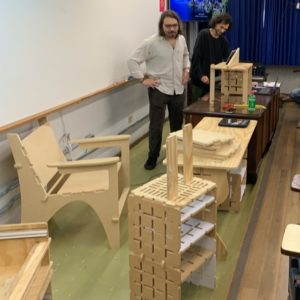 SURU’BA (“good thing” in Tupi and “orgy” in Portuguese) is the final work of João Conrado Dembiski and João Victor Tarran in their Bachelor in Design at UTFPR. Inspired by anarchist and decolonial thinking, the duo designed a modular open-source furniture system that could be cheaply produced in Curitiba, the locality of their studies. Their […] - Jul 30, 2022
SURU’BA (“good thing” in Tupi and “orgy” in Portuguese) is the final work of João Conrado Dembiski and João Victor Tarran in their Bachelor in Design at UTFPR. Inspired by anarchist and decolonial thinking, the duo designed a modular open-source furniture system that could be cheaply produced in Curitiba, the locality of their studies. Their […] - Jul 30, 2022 -
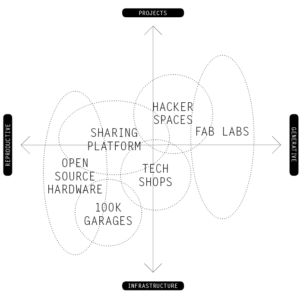 Open Design was initially introduced as an analog to Open Source Software, a concept which explains why software source code should be part of an official product release. The analogy went by stating that electronic drawings and models be released together with physical products, in the hopes of enabling modifications or self-production through digital fabrication. […] - Apr 6, 2020
Open Design was initially introduced as an analog to Open Source Software, a concept which explains why software source code should be part of an official product release. The analogy went by stating that electronic drawings and models be released together with physical products, in the hopes of enabling modifications or self-production through digital fabrication. […] - Apr 6, 2020 -
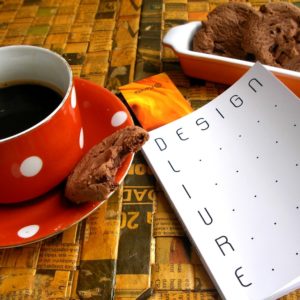 A book written by 12 people in one week using open source collaborative tools. The book’s aim is to introduce the Free Software philosophy in the Design community. I participated in helping to organize the process and designed some parts of it, like the book layout and its cover. The book is distributed as a […] - Feb 11, 2012
A book written by 12 people in one week using open source collaborative tools. The book’s aim is to introduce the Free Software philosophy in the Design community. I participated in helping to organize the process and designed some parts of it, like the book layout and its cover. The book is distributed as a […] - Feb 11, 2012 -
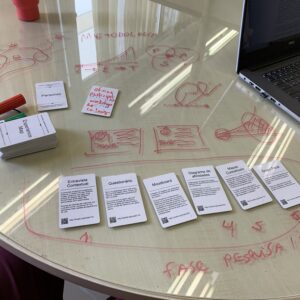 A card deck for collaborative planning user experience projects. Each card is a UX method, with the necessary inputs and the expected outputs. The cards can be organized in a linear fashion to represent the planned process. There are also cards for representing risks, expected delays, and extra human/financial resources. UX Cards enables pattern-based codesign […] - Nov 24, 2011
A card deck for collaborative planning user experience projects. Each card is a UX method, with the necessary inputs and the expected outputs. The cards can be organized in a linear fashion to represent the planned process. There are also cards for representing risks, expected delays, and extra human/financial resources. UX Cards enables pattern-based codesign […] - Nov 24, 2011 -
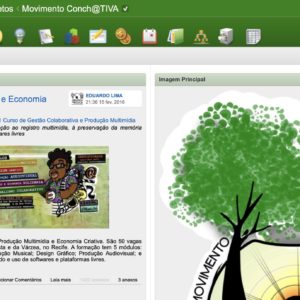 Corais was launched in 2011 as the open innovation platform of Faber-Ludens Interaction Design Institute. Since 2012, it became an independent cooperative platform for cultural producers in Brazil, maintained by Instituto Ambiente em Movimento and developed by Frederick van Amstel as an outreach activity of his academic work. An open design platform Development forked from […] - Nov 14, 2011
Corais was launched in 2011 as the open innovation platform of Faber-Ludens Interaction Design Institute. Since 2012, it became an independent cooperative platform for cultural producers in Brazil, maintained by Instituto Ambiente em Movimento and developed by Frederick van Amstel as an outreach activity of his academic work. An open design platform Development forked from […] - Nov 14, 2011 -
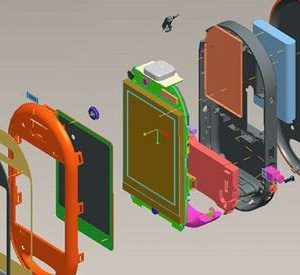
Open Design and Free Design are not the same
Design is a messy word with many different meanings. When people wants to stay focused on a practical matter, they add a noun to it: Graphic Design, Furniture Design. When they want to qualify Design, for instance, they use an adjective: Industrial Design, Good Design. It´s a simple statement that an adjective can change the […] - May 10, 2011 -
Free Design at Faber-Ludens Institute
Free Software communities have developed very efficient methods and tools to share programming code, however, their user interfaces are often difficult to use for people that are aside from this process. Nobody seems to know how to include Interaction Design in Free Software projects, since their development dynamics are very different. Interaction Design on […] - Feb 14, 2011